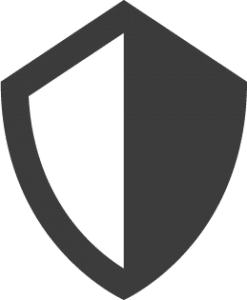Type of response:






The SOMJR 2024-2026 project seeks to provide assistance and support to urban, peri-urban, agropastoral, and pastoral communities. The focus is on addressing the needs of underserved communities and locations that have been significantly impacted by the 2022/2023 drought, conflict, violence, floods, disease outbreaks, and socio-economic challenges. This includes prioritizing the most vulnerable communities, including those from marginalized clans and minority groups. These populations will be experiencing IPC 3+ conditions, indicating a high level of food insecurity. It recognizes the importance of addressing severe food insecurity and places equal emphasis on assisting vulnerable internally displaced persons (IDPs) and host communities in these areas.
The SOMJR will provide tailored assistance in the sectors of FSL, WASH, Nutrition, Health, Protection and MPC to target communities and households based on their specific needs, ensuring inclusivity, transparency, and active participation of all groups. The project prioritizes IDPs, while also including the host community to maintain balance and prevent tensions/conflicts.
The Joint Response
The Somalia Flood Joint Response is a multi-sectoral response to the protracted crisis, implemented in Somaliland (Sool, Sanaag, Togdheer, And Wogoyee Galbeed), Jubaland (Gedo and Lower Juba), Hirshabelle (Hiran and Middle Shabelle), Banadir, and Southwest State (Bay and Lower Shabelle).
The activities carried out under this Joint Response are the following:
The JR is planning to reach 692,617 affected people during this response.
Save the Children
Laan van Nieuw Oost-Indië 131-k
2593 BM Den Haag
The Netherlands
Chair organisation: Plan International
E: office@dutchrelief.org